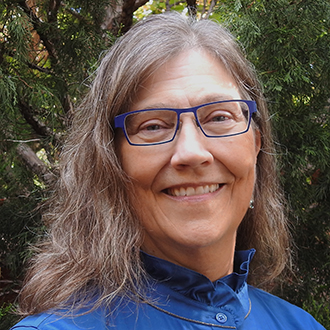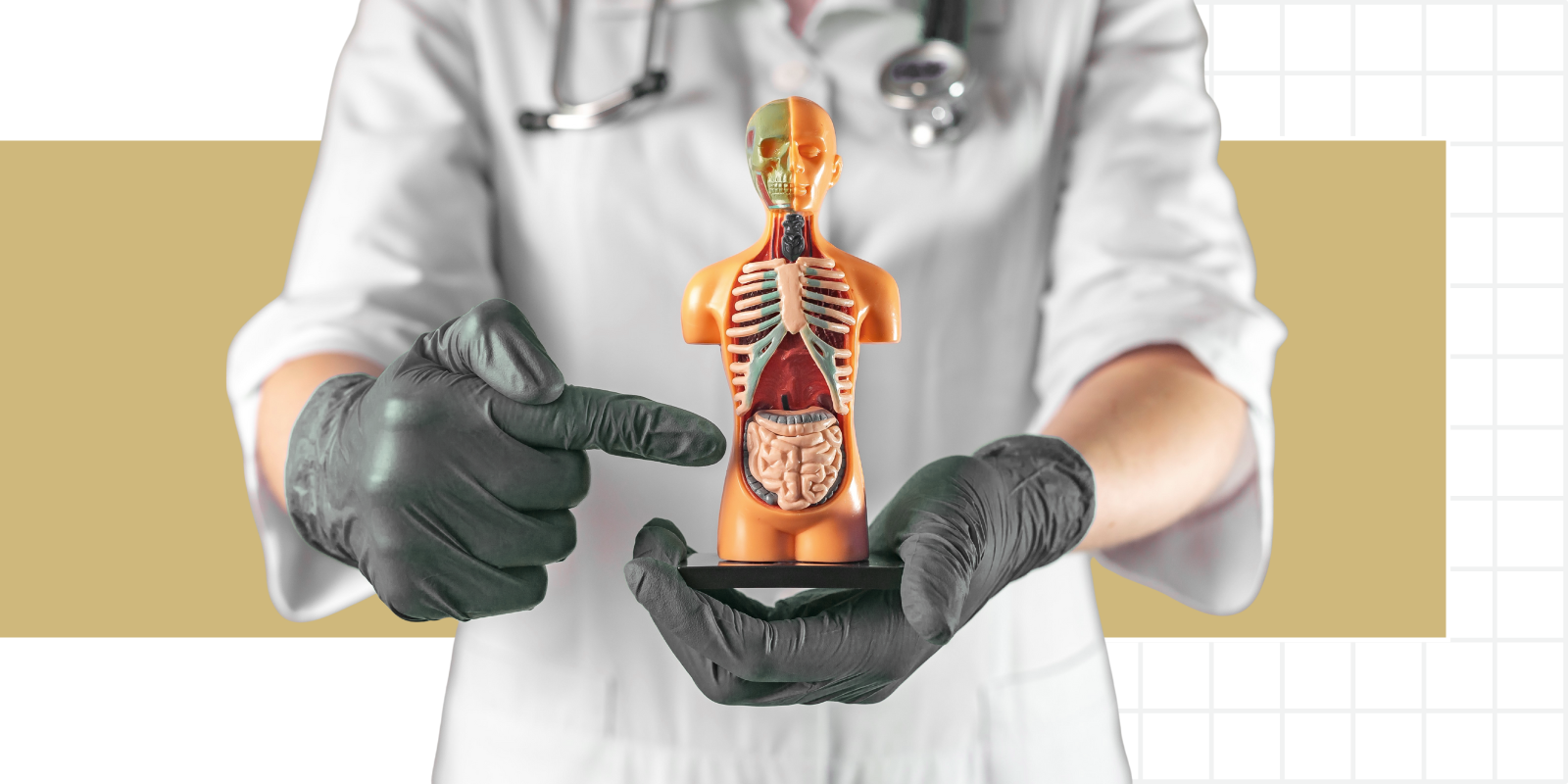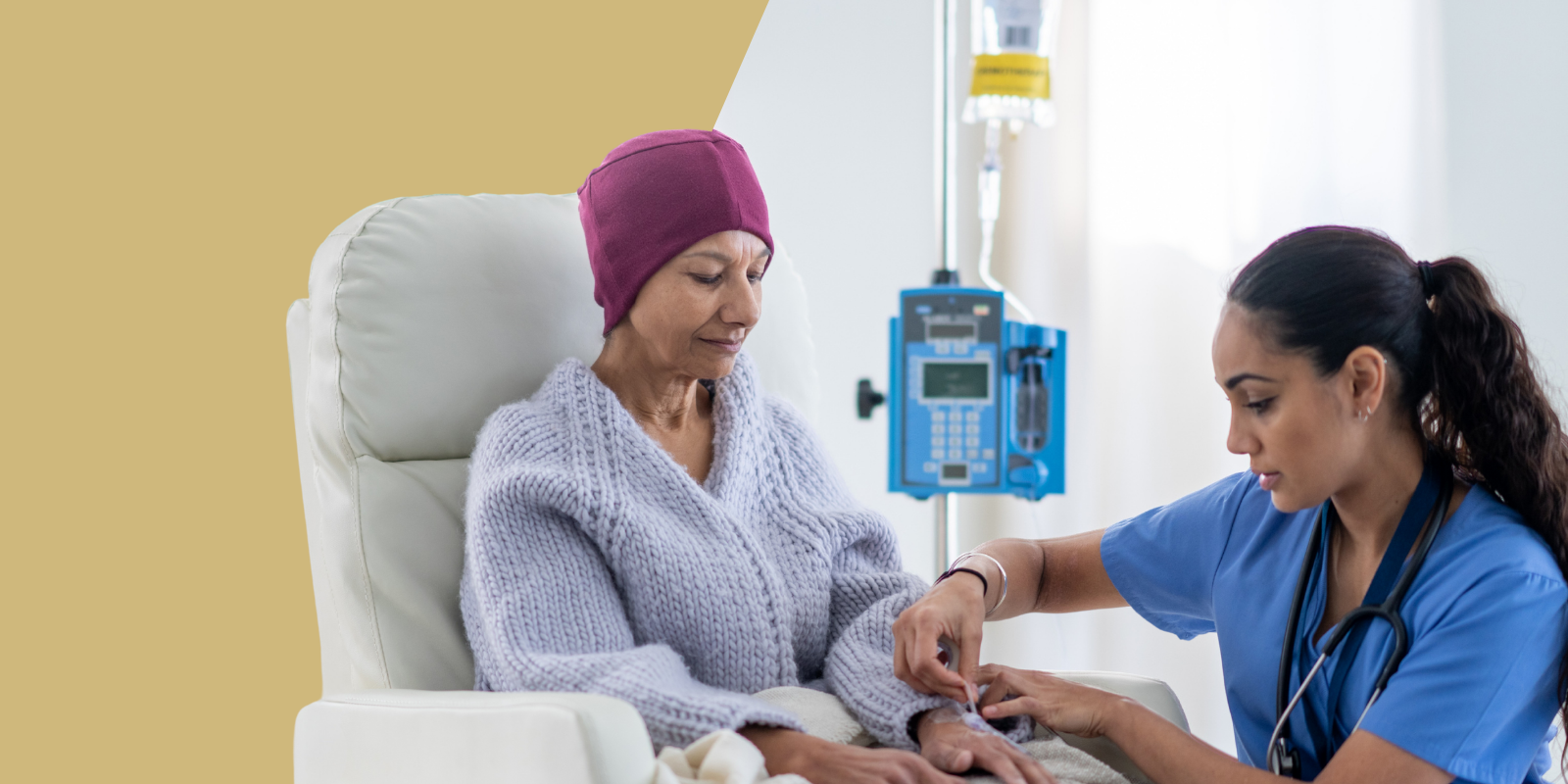Deaths from COVID-19 and drug overdoses grabbed a lot of the headlines in 2021, but recently released numbers from the Colorado Department of Public Health and Environment show that cancer was still a leading cause of death in the state, and the number-one cause of death for the 45–84 age range.
Lung cancer alone accounted for 1,320 deaths in 2021, while breast cancer was the cause of 662 deaths. Malignant tumors combined caused 8,065 deaths in 2021, compared to the 5,297 caused by COVID-19.
We spoke with Linda Cook, PhD, associate director of population sciences at the University of Colorado Cancer Center, about the mortality numbers and what they mean.





